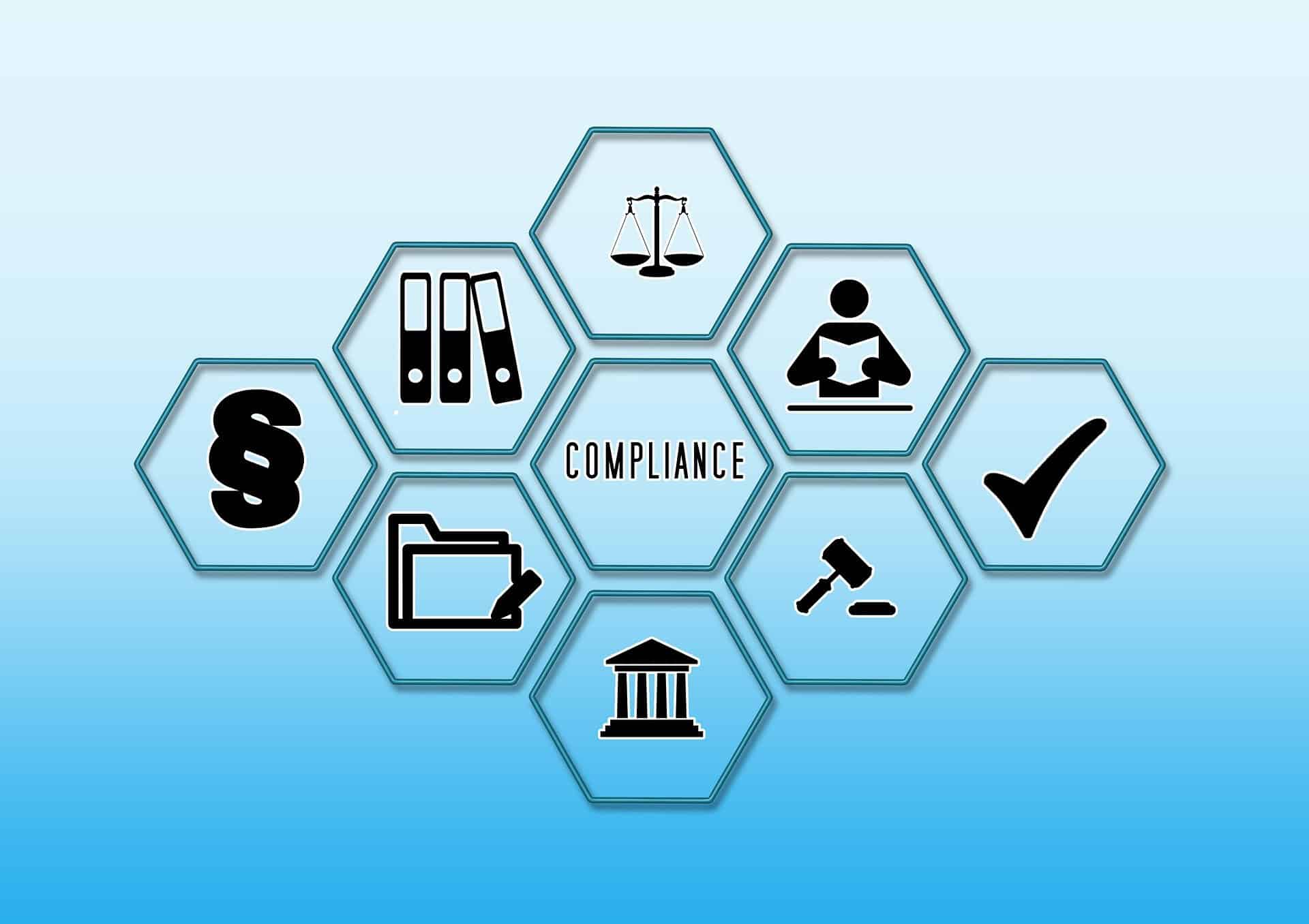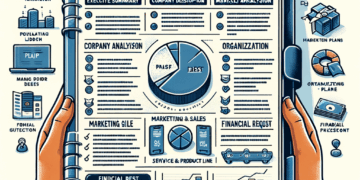For software start-ups, intellectual property is often the most valuable asset. The correct drafting of license agreements is therefore crucial to protect this valuable asset and at the same time create the basis for sustainable growth. As a lawyer with many years of experience as an entrepreneur in the tech sector, I understand the complexity and importance of these contracts for your business model. Let’s look at the key aspects you should consider when drafting license agreements.
Core elements of effective software license agreements
1. precise definition of the subject matter of the license
A clear and comprehensive definition of the licensed software is the foundation of every license agreement. This includes:
– Precise description of the software and its functions
– Specification of the version and any updates
– Clarification regarding source code and object code
My experience helps you to define the subject matter of the license in such a way that your intellectual property is comprehensively protected.
2. scope of the rights of use
The precise definition of the rights of use granted is crucial. The following must be regulated here:
– Type of license (e.g. exclusive or non-exclusive)
– Territorial and temporal scope
– Permitted types of use (e.g. installation, reproduction, editing)
– Sublicensing rights
As an experienced entrepreneur, I can help you to structure the rights of use in such a way that they optimally support your business model.
3. license fees and payment modalities
The design of the remuneration is a critical point. Possible models include:
– One-off payments
– Ongoing license fees (e.g. per user or revenue share)
– Freemium models with paid additional functions
My experience in the software industry will help you to find a remuneration model that is attractive for both you and your customers.
4. warranty and liability
The regulation of warranty and liability is crucial for your risk management. Important aspects are:
– Scope of the warranty for software functionality
– Limitations and exclusions of liability
– Indemnification agreements in the event of legal infringements
As a lawyer and entrepreneur, I can help you find a balanced solution that protects your interests without deterring potential customers.
5. protection of trade secrets
Protecting your trade secrets is extremely important, especially for start-ups. The license agreement should contain clear provisions on:
– Confidentiality obligations
– Restrictions on the use of sensitive information
– Return or deletion of data at the end of the contract
My experience helps you to formulate robust protective clauses that effectively protect your know-how.
Special challenges for software start-ups
1. scalability of the license model
Your license model must be able to grow with your company. I support you in creating flexible structures that can be adapted to changing business requirements.
2. open source components
The use of open source software can have legal implications. I help you to manage the risks and ensure compliance.
3. international licensing
If you want to expand internationally, your license agreements must take into account different legal systems. My international experience is invaluable here.
4. cloud-based software solutions
SaaS models require specific contractual regulations, particularly with regard to data protection and availability. I support you in the development of customized solutions.
5. artificial intelligence and machine learning
Special legal issues arise for AI-based software solutions, e.g. regarding the rights to trained models. My expertise in the tech sector helps you to draft future-proof contracts.
Practical tips for software start-ups
1. modular structure: Design your license agreements on a modular basis in order to be able to react flexibly to different customer requirements.
2. clear language: Use clear and understandable language to avoid misunderstandings and strengthen the trust of your customers.
3. regular review: Review and update your license agreements regularly to adapt them to changing legal and technical conditions.
4. documentation: Keep careful documentation of your software development and licensing practices to be prepared in the event of a dispute.
5. training your employees: Make sure that your sales staff understand and can communicate the key points of your license agreements.
As an attorney with extensive experience as a software entrepreneur, I offer you a unique perspective on drafting license agreements. I understand not only the legal intricacies, but also the business implications of each contractual clause.
My goal is to develop license agreements that comprehensively protect your intellectual property, optimally support your business model and at the same time are attractive to your customers. By combining my legal expertise with practical business experience, I can help you to use license agreements as a strategic instrument for your company’s success.
Let’s work together to design license agreements that position your software startup for future growth and success. My holistic approach ensures that we consider and harmonize all aspects – from legal requirements to long-term business goals.


























